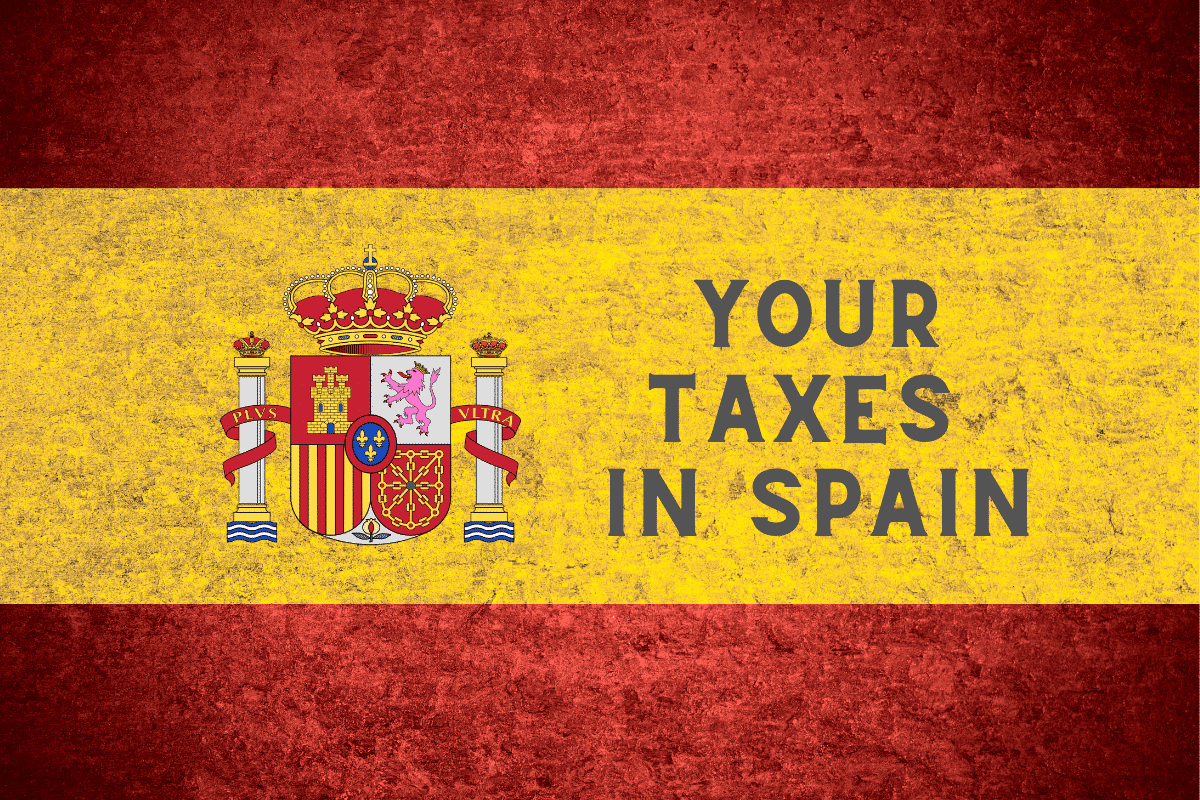To help businesses and international employers understand Spain’s tax system, here’s a closer look at each main type of tax. We’ll focus on the important details for compliance, tax breaks, and ways to make tax payments more manageable. This information is especially useful for companies using Employer of Record (EOR) or Professional Employer Organization (PEO) services, enabling them to stay on top of Spain’s tax requirements.
1. Corporate Income Tax (CIT)
Spain’s corporate tax rate is generally 25% on net profits for most companies, though specific rates apply to newly created companies and certain sectors.
Key CIT Compliance Factors:
Resident Companies: Taxed on their worldwide income, including income from foreign sources.
Non-resident Companies: Only taxed on income sourced from Spain, which can be beneficial for international firms structuring their revenue.
Tax Deductions: Common deductible expenses include employee salaries, operating expenses, and depreciation. However, certain entertainment and personal expenses are not deductible.
Depreciation: Businesses can claim depreciation on assets used in their operations, generally calculated based on the asset’s useful life.
Transfer Pricing: Companies must comply with transfer pricing rules, ensuring that transactions between related entities are conducted at arm’s length.
Filing and Payment Deadlines: Corporate tax returns are due annually within six months of the end of the fiscal year, with payments typically due within 25 days of the return filing deadline.
2. Individual Income Tax (Personal Income Tax – PIT)
Spain utilizes a progressive tax system with rates that range from 19% to 47% based on income levels, impacting payroll obligations for employers.
Income Range (EUR) | Tax Rate |
|---|---|
0 – 12,450 | 19% |
12,451 – 20,200 | 24% |
20,201 – 35,200 | 30% |
35,201 – 60,000 | 37% |
Above 60,000 | 47% |
Additional Considerations:
Non-residents: Only pay tax on Spanish-sourced income, allowing them to manage their international income streams effectively.
Withholding Tax: Employers must withhold income tax from employee wages (IRPF) and remit these amounts to the Spanish Tax Agency.
Deductions: Residents can claim deductions for contributions to pension plans, mortgage payments, and other qualifying expenses, potentially reducing taxable income.
Filing Requirements: Individual income tax returns must be filed annually, with deadlines varying based on the type of income.
3. Value Added Tax (VAT)
Spain’s VAT, known as Impuesto sobre el Valor Añadido (IVA), is set at a standard rate of 21%, applicable to most goods and services.
Important VAT Details:
Reduced Rates: Certain goods and services qualify for reduced VAT rates (10% or 4%), including basic food items, books, and transportation services.
Exemptions: Some activities, such as financial services and education, may be exempt from VAT.
Registration Threshold: Businesses with an annual turnover exceeding €85,000 must register for VAT. Voluntary registration is allowed.
Input Tax Credits: Registered businesses can claim credits for VAT paid on business-related purchases, which reduces overall tax liability.
Filing Frequency: VAT returns are typically filed quarterly, though businesses with high turnover may need to file monthly.
4. Pay-As-You-Earn (PAYE) Tax
Employers are responsible for managing PAYE tax deductions, which encompass income tax and social security contributions, ensuring compliance with Spanish tax laws.
Key Details of PAYE:
Deductions Include: PAYE encompasses income tax (IRPF) and social security contributions, which fund public services such as healthcare and pensions.
Accurate Deductions: Employers must accurately calculate and withhold amounts based on each employee’s earnings and applicable tax brackets to avoid liabilities for under-withholding.
Filing and Reporting: Employers must report and remit PAYE deductions on a monthly basis, ensuring timely compliance with tax obligations.
5. Social Security Contributions
Social security contributions in Spain are critical for accessing public health, pensions, and other welfare benefits.
Details for Employers:
Contribution Rates: Employers contribute approximately 29.9% of an employee’s gross salary to social security, while employees contribute around 6.35%.
Types of Contributions: Contributions cover various programs, including general pensions, disability, unemployment, and health care.
Compliance Requirements: Employers must register their employees with the social security system and ensure accurate contributions are made on a monthly basis.
6. Business Tax Incentives
Spain offers several tax incentives aimed at promoting business investment and economic growth.
Key Incentives:
Start-up Incentives: New companies may benefit from a reduced corporate tax rate of 15% for the first two years of profitability.
R&D Tax Deductions: Companies engaged in research and development can claim significant deductions or credits for qualifying expenses.
Investment Incentives: Tax credits are available for investment in certain regions or industries, particularly in technology and renewable energy.
Additional Considerations and Residency Criteria
Tax Residency Rules: Residency for tax purposes in Spain is determined by various factors:
Corporate Residency: Companies are considered residents if they are incorporated in Spain or if their management and control are based there.
Individual Residency: Individuals are considered residents if they spend more than 183 days in Spain in a calendar year or if their main economic interests are located in Spain.
Capital Gains Tax: Individuals and companies are subject to capital gains tax on profits from the sale of assets, with rates typically ranging from 19% to 26% depending on the amount of gain.
Filing Deadlines and Penalties: Non-compliance with filing deadlines can result in penalties. For instance, late submission of VAT returns can incur fines based on the amount due.
Double Taxation Agreements (DTAs): Spain has treaties with various countries to prevent double taxation, allowing businesses to mitigate tax obligations for cross-border operations.

